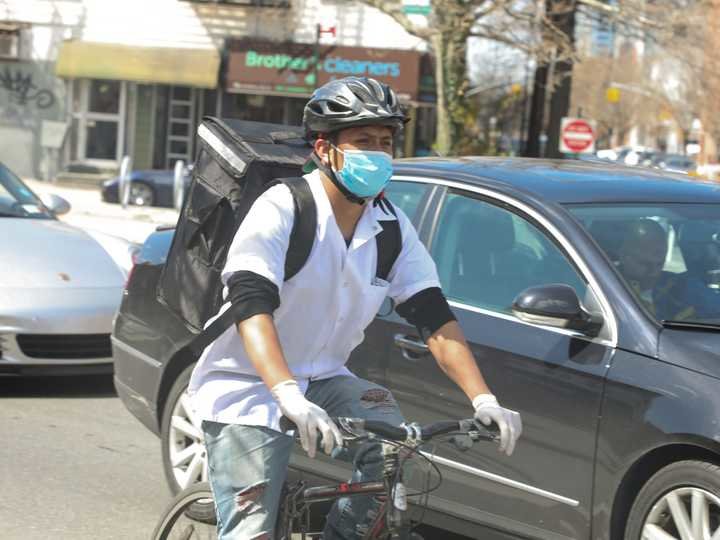In May 2020, Active Trans’ advocacy team embarked on a listening tour with more than 100 stakeholders who are invested in our work. We spoke with community partners, elected officials, department of transportation and transit agency officials, and residents across the city and suburbs.
COVID-19 has impacted transportation and mobility in profound ways and these one-on-one and group conversations via Zoom were a way for our organization to have a more grounded understanding of the effects region-wide. These conversations will allow us to point to transportation priorities that are specific to different parts of the region.
As part of this process, we will be sharing what we’ve learned in a series of posts on the Active Trans blog. While our individual posts about each region will go into more depth about the specifics, there were some overarching themes that we noted.
Throughout the region, it was clear that transit remains essential. In addition to sharing their thoughts about the crucial nature of transit, people also identified barriers and voiced a number of concerns about using public transportation. There were repeated concerns about cleaning practices, social-distancing, and frequency of service. The issues of transit access were more pronounced in areas historically underserved by transit, such as the suburbs.
With the economic impact of COVID-19, it’s even more important to ensure that people walking, biking, and taking public transit have good options for getting around — and that we expand those options wherever they’re needed. Transportation investments should be guided by the understanding that owning and maintaining a car may become more difficult for hard-hit families.
Our suburban stakeholders noted that more people have been walking, biking, and getting outdoors for recreation by using trails, parks, and forest preserves. In the city, those we spoke on the North, South, and Southwest Sides saw an uptick in outdoor recreation. Those we spoke to on the West Side did not see an uptick, but that may change once we finish our conversations on the West Side this week.
Community members already marginalized by a lack of mobility, including seniors and people with disabilities, noted that transportation inequities have intensified during COVID-19. Issues of safety are a core concern.
Over the next few weeks, as we highlight the people we spoke to and their top concerns, we will share recommendations for improving transportation and mobility in different parts of the region. We see this as a way to center voices that need to be part of this important conversation.
Photo courtesy of Crystal Cox and Business Insider.

